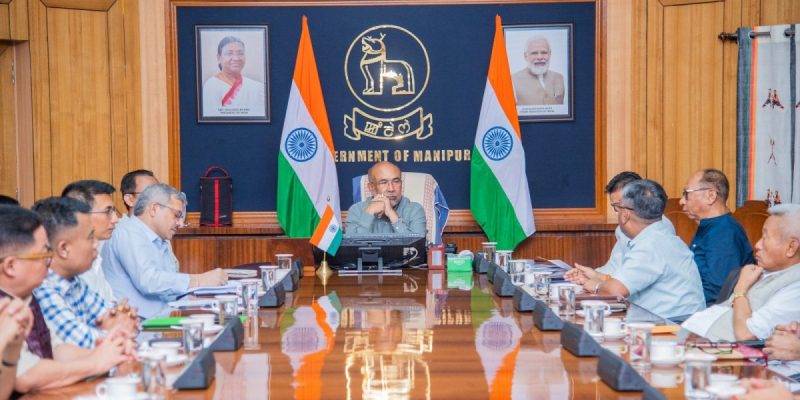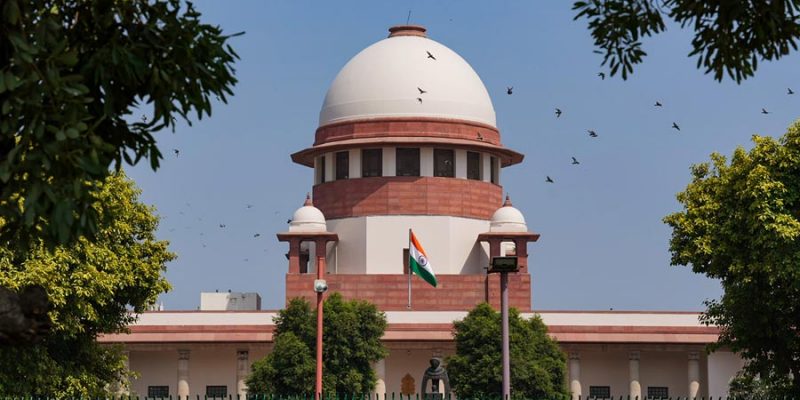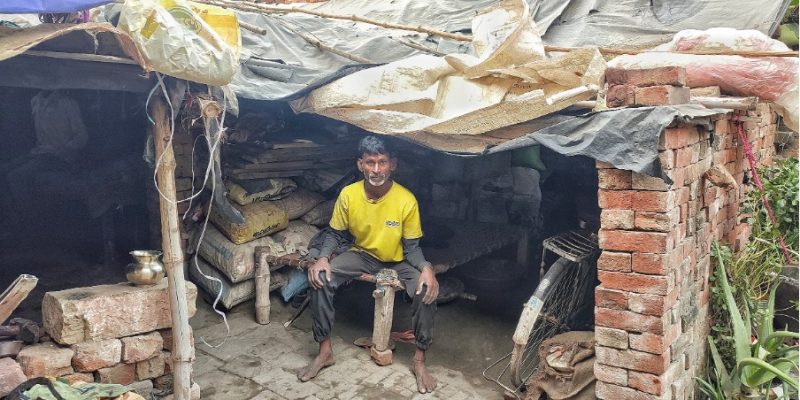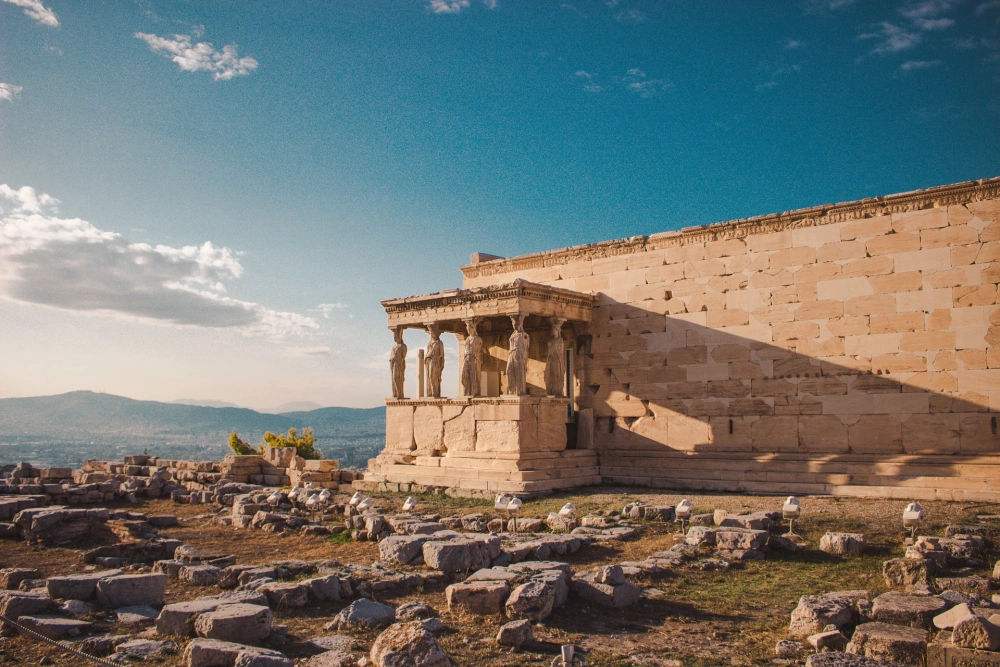What Does BJP’s Outreach to Minority Communities Mean for the Opposition?
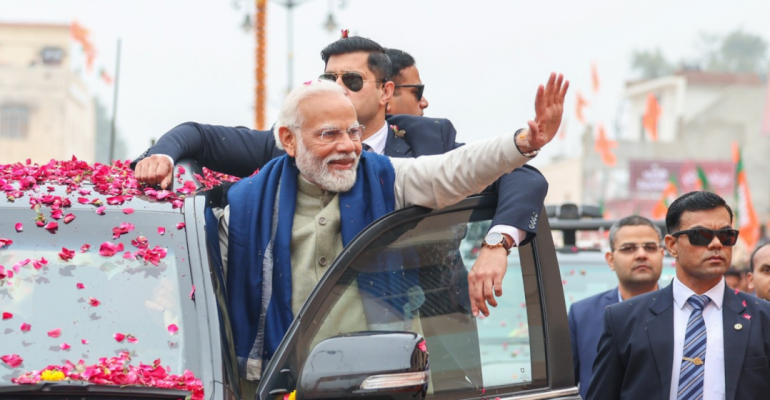
Religion has played a pivotal role during the Modi government’s decade-long tenure. It will see its culmination in January with the ‘return’ of Ram lalla to Ayodhya. While opposition leaders and parties dilly-dally on whether to attend the inauguration, Prime Minister Narendra Modi’s December focus has been on a peculiar outreach to select other minorities.
While minorities have seen changing political value and currency in Indian politics, this outreach is worth exploring because it demonstrates the political astuteness of the Bharatiya Janata Party (BJP), and the lack thereof, of the opposition. It highlights Modi’s attempt to expand the BJP’s vote share and gnaw away at a perceived impenetrable vote bank of the opposition. However, as is the case with many of the prime minister’s efforts, these are largely publicity-focused and do not deliver tangible outcomes for the targeted communities.
Ahead of the general elections, the prime minister opened his residence at 7 Lok Kalyan Marg to leaders of the Christian community on Christmas day. He remarked that he has shared a strong bond with the community, even as members of the Hindutva ecosystem rallied against Santa Claus elsewhere.

The Christmas lunch hosted by Prime Minister Narendra Modi. Photo: X/@BJP4India
A day after Christmas, he marked the martyrdom of the sons of Guru Gobind Singh as Veer Bal Diwas. This was the very first such tribute officially marked by the Indian government.
In a recent interview with a foreign publication, when asked about the status of Indian minorities, he presented the case of the Parsis. He argued they were the model minority, who had prospered and thrived in India when they chose it as a safe haven. After all, the BJP’s precursor, the Jan Sangh, was initially funded generously by the Parsi industrialist Nusli Wadia.
What do all these instances point to?
This is certainly not a new strategy of Modi or the BJP. While the BJP aims to consolidate the Hindu vote, it has worked to systematically dismantle a coherent minority bloc. For instance, the government has not viewed Muslims as a monolith but as wearing multiple identities.
Muslim women were seen as a potential vote bank or at least as those who needed ‘saving’ from the clutches of triple talaq. However, recent qualitative surveys have shown that the law has presented a new set of challenges to Muslim women, and spawned several false criminal charges against men. Historically, the Bohri community has displayed admiration for Modi since his days as chief minister of Gujarat. The community continues to be fervent admirers and are regularly seen in his diaspora events internationally. The government also showcased a successful Muharram procession by Kashmir’s Shias as a sign of normalcy in the Valley post the abrogation of Article 370. Modi has bifurcated the Muslim community into these favourable groupings of potential allies rather than ignoring them as a lost vote bank.
Also read: ‘Not in Our Name’: Over 3,000 Christians Dissociate From PM Modi’s Christmas Lunch
What purpose does this serve for Modi?
He certainly does not need the additional minority vote bank, but it has multiple benefits.
First, it matters for his narrative and projection to the outside world, despite whatever his rabble-rouser election spokespeople say and do. The image of a free, multi-cultural, secular India must be projected in the international world. Secondly, it provides the BJP vote bank with a few cherry-picked niceties to showcase that Modi is loved by all, and it’s only propaganda that displays anything to the contrary. Thirdly, while the BJP may or may not get a sizeable winning vote bank from this outreach, it helps it prevent the wholesale transfer of these votes en bloc to the opposition.
On the flip side, for these hand-picked minorities who do not mind playing to the gallery, it is a chance to be the chosen few who are favoured by the government.
When the opposition is caught between being soft or visibly Hindu, it has chosen to take the minorities for granted. Minorities have languished without effective bargaining power because in the fight for survival, their options remain limited to the ‘secular’ opposition. Therefore, the true loser in this debate is the average minority citizen.
In the changing political space, minority votes are not openly courted as kingmakers. And in cases where they are, the opposition is faced with new dilemmas. In the recent assembly elections in Telangana, the Congress released a minority declaration with the hope of swinging these votes, which it may just have. However, it faces a new crisis as it has no Muslim MLA. All its Muslim candidates lost the election. Without a voice from the government in the legislature, it must resort to nominating a Muslim to the Telangana Legislative Council.
Also read: There’s Nothing ‘Inevitable’ About Narendra Modi’s Return in 2024
Minorities in India continue to lag on most socio-economic indicators and face communal toxicity everyday. Yet, the BJP touts its ‘Sabka Saath Sabka Vikas’ model. In certain government schemes, minorities like Muslims and Christians receive a slightly larger proportion of benefits than their proportion of the population. In 2021, UP chief minister Yogi Adityanath claimed that Muslims who comprise 17%-18% of the population disproportionately make-up 34%-35% of beneficiaries of BJP governments’ welfare schemes, thus demonstrating Modi’s benevolence. However, this actually demonstrates the disproportionate weaker economic status of Muslims owing to years of marginalisation, in contrast to the dominant myth of minority appeasement.
The BJP’s intent becomes clearer when one looks at the reduction of targeted and specific policies. In the 2023 budget, a whopping 38% was slashed from the minority affairs ministry’s allocation. Yet, we live in a make-believe of “justice for all, appeasement of none”. Also, ahead of the elections, the government seems to be readying to frame the rules for the Citizenship Amendment Act, which had triggered nationwide protests especially from minorities that were curtailed only because of the COVID-19 pandemic.
While Modi continues to embrace his chosen minorities, and his rabble-rousers continue to intimidate and spread discord, the opposition too is failing to piece together a coherent strategy. What minorities need is neither appeasement nor benevolence, but rather a seat at the table where they can participate in decision-making. Meaningful representation involves allowing minority concerns to be raised and addressed effectively. Lest minorities are left with searching for their version of the BJP within their own religious community.
Amaan Asim graduated from Ashoka University with a major in political science and is a political consultant to leaders across multiple political parties.


